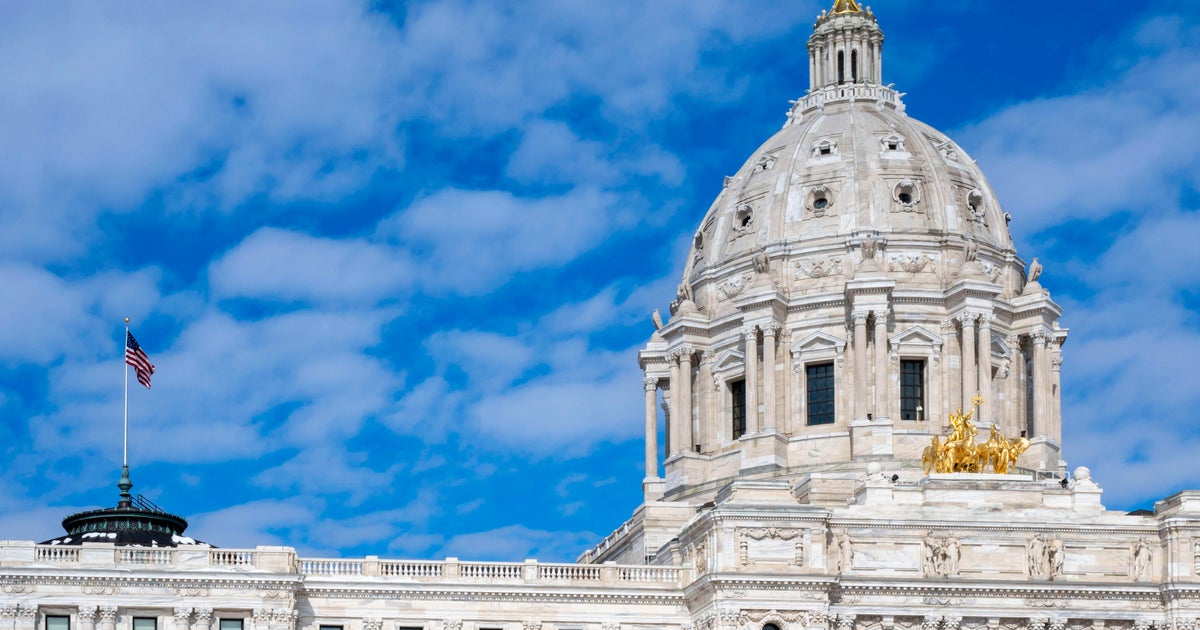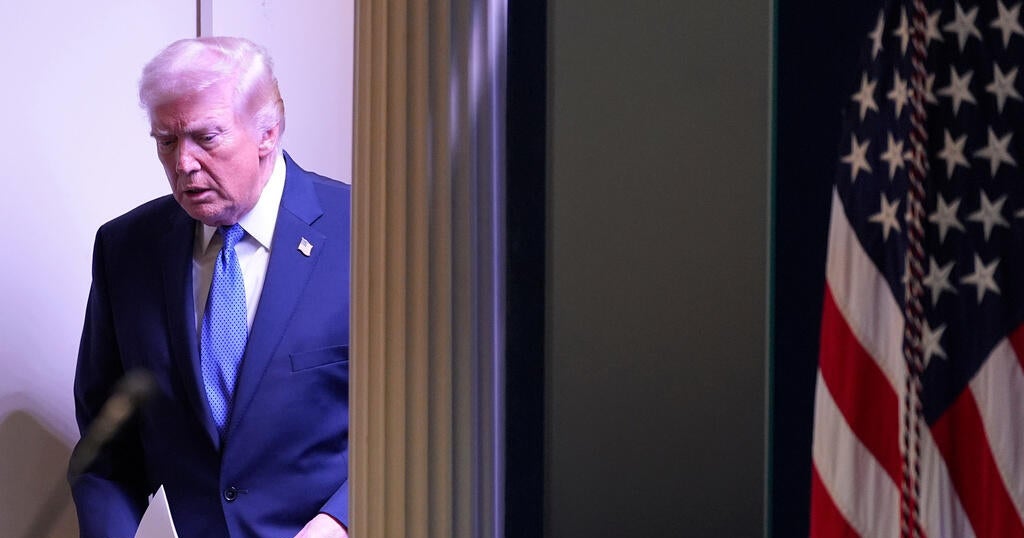Democrats call for investigation into coronavirus response, modeled on 9/11 Commission
Washington — The chairman of the House Homeland Security Committee unveiled legislation to create a commission studying the government's response to the coronavirus pandemic, modeled after the commission that investigated the terrorist attacks on September 11, 2001. More Americans have now died from COVID-19 than were killed in the 9/11 attacks.
Chairman Bennie Thompson, a Democrat from Mississippi and the author of the 2007 legislation to implement the recommendations by the bipartisan 9/11 Commission, said in a statement that the country is at a similar "inflection point."
"Americans today will again demand a full accounting of how prepared we were and how we responded to this global public health emergency. Americans will need answers on how our government can work better to prevent a similar crisis from happening again," Thompson said. "This legislation we are introducing is the first step towards getting this done for the American people."
The commission would be independent, bipartisan and chartered by Congress. It would have 25 members selected by 12 relevant congressional committees in both the House and Senate. Each chairman and ranking member would appoint someone, and one position would be filled by the chairman and vice chairman of the Joint Economic Committee.
The commission would publish a public report no later than 18 months after it first convened, and include recommendations for the development of a national plan to minimize fallout from future health emergencies.
Separately, House Intelligence Committee Chairman Adam Schiff and his staff are also working on legislation modeled on the 9/11 Commission. Schiff and his team are likely to work with Thompson and any other member interested in the issue. Schiff said in an interview with The Washington Post published Tuesday that the work of the commission would be delayed until the crisis abated.
"We will need to delay the work of the commission until the crisis has abated to ensure that it does not interfere with the agencies that are leading the response. But that should not prevent us from beginning to identify where we got it wrong and how we can be prepared for the next pandemic," Schiff told the Post.
The House is currently in recess and not set to reconvene until April 20.



